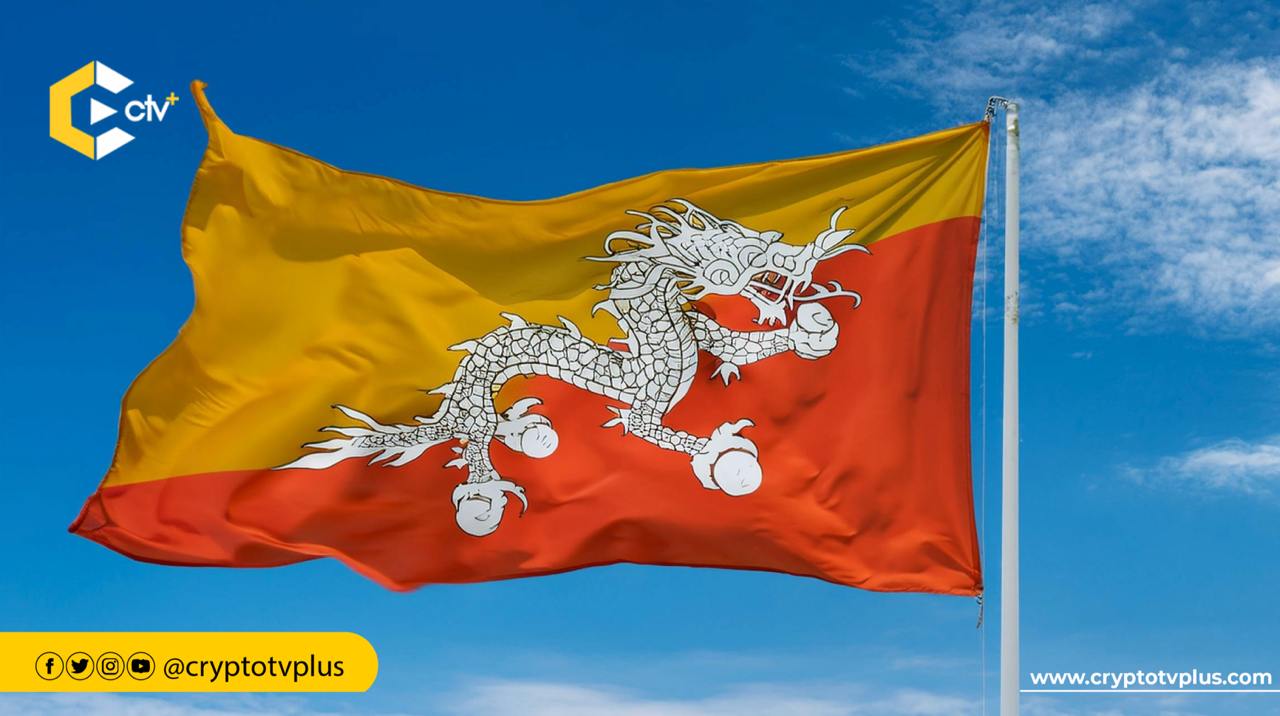News
Bhutan taps Binance Pay & DK Bank for crypto tourism payments

Bhutan has introduced cryptocurrency payments for tourism through a collaboration with Binance Pay and DK Bank.
According to Bhutan’s tourism department and Binance, the new initiative marks the “world’s first national-level crypto tourism payment system.”
More than 100 local merchants have already signed up through DK Bank and Binance Pay, allowing tourists to enjoy a completely cashless and card-free experience.
The system supports over 100 cryptocurrencies, including BNB, BTC, and USDC, and allows real-time transaction settlements in Bhutan’s local currency.
Binance app users can make payments using dynamic or static QR codes, removing usual barriers such as foreign exchange fees and problems with card acceptance.
Binance announced on May 7 that the initiative introduces a payment gateway for businesses in Bhutan, enabling crypto payments via QR code on a mobile device.
Damcho Rinzin, Director of Bhutan’s Department of Tourism, explained, “This is more than a payment solution – it’s a commitment to innovation, inclusion, and convenience.”
The partnership supports Bhutan’s small businesses, such as local artisans and vendors, who have lacked access to payment systems or card terminals in the past.
“Even Bhutan’s most remote businesses can now accept crypto through a phone, gaining access to international travelers with just a QR code,” the announcement said.
According to Binance, tourists can now pay for services without relying on local currency or cash.
“No need to pack your wallet — hop on a journey of innovation and inclusion with just your Binance App,” Binance said in a post on X.
Binance, along with Bhutan’s tourism department, called the project the “world’s first national-level crypto tourism payment system.”
“Bhutan’s model is the first to offer a fully integrated, end-to-end crypto payment system at the national level,” Binance’s announcement said, adding:
“It also addresses previous limitations by offering real-time confirmations, near-zero fees, and a fully licensed local bank handling settlements on the ground.”
Richard Teng, CEO of Binance, said, “We are excited to partner with Bhutan as we are not only advancing the use of cryptocurrencies in travel, but also setting a precedent for how technology can bridge cultures and economies. This initiative exemplifies our commitment to innovation and our belief in a future where digital finance empowers global connectivity and enriches travel experiences.”
The introduction of the payments system in Bhutan is part of the country’s wider shift towards digital assets adoption.
As part of its plan to establish a new economic hub, the country has worked on creating a strategic crypto reserve, and the government has reportedly mined and invested in Bitcoin since 2019.
Druk Holding and Investments (DHI), Bhutan’s commercial arm, reportedly added 374 Bitcoin to its holdings since early January, bringing the total to 12,062 BTC, according to Arkham.
In addition, the entity’s holdings include small amounts on chains like Polygon, BNB Chain, and Base.
While Bhutan has become more favorable towards cryptocurrency adoption, the regulation of digital assets remains a legal uncertainty.
The Royal Monetary Authority (RMA) of Bhutan warned the public in 2020 against the Pi cryptocurrency, urging them to carefully consider investing in any crypto assets.
“The RMA would like to remind the general public to exercise due caution in making any investment in Pi or any other cryptocurrency as the implications, risks and use cases on the economy and financial systems are still to be ascertained,” the authority wrote.













10 Comments